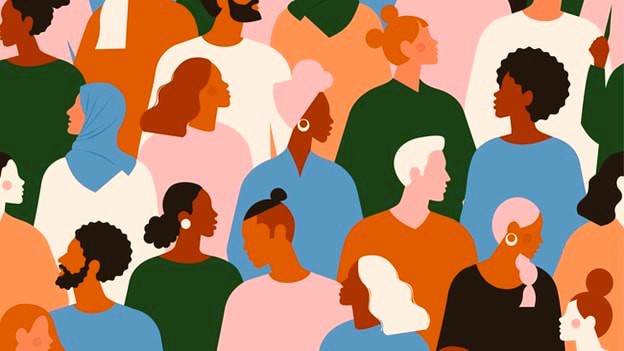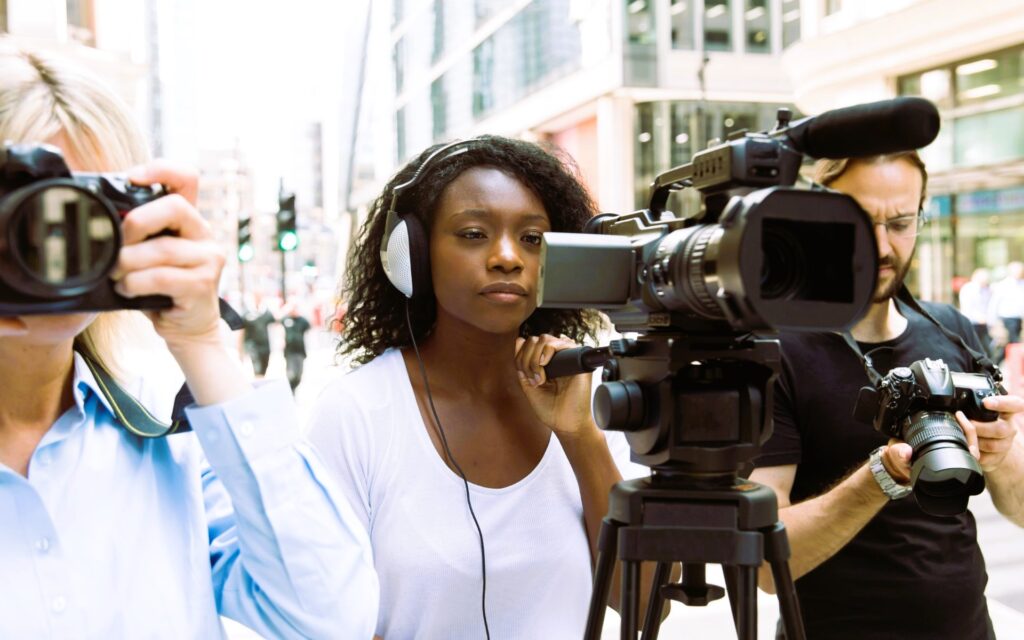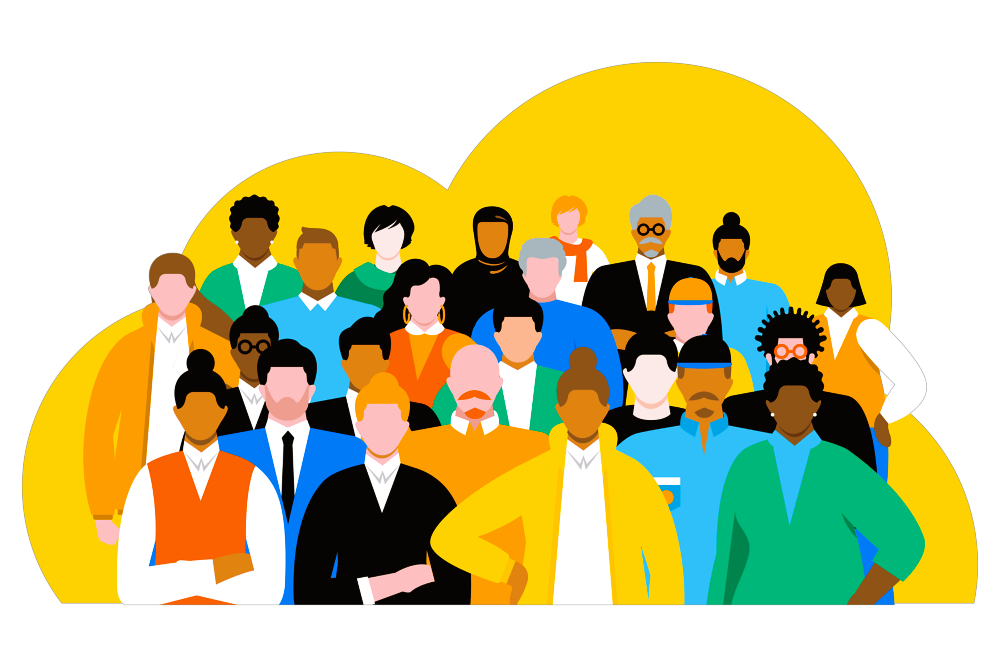In recent years, there has been a growing awareness of the importance of diversity and inclusion in media. From film and television to video games and literature, representation matters, as it shapes our perceptions of the world and influences how we see ourselves and others. In this article, we’ll explore the power of representation in media, the impact it has on society, and the ongoing efforts to promote diversity and inclusion in the entertainment industry.
Why Representation Matters
Representation in media refers to the portrayal of different groups of people, including those of diverse racial, ethnic, gender, sexual orientation, disability, and socio-economic backgrounds. When media accurately reflects the diversity of the real world, it not only validates the experiences of underrepresented groups but also promotes empathy, understanding, and acceptance among audiences.
For too long, many marginalized communities have been underrepresented or misrepresented in mainstream media, leading to stereotypes, biases, and misconceptions. When certain groups are excluded or portrayed in a negative light, it can perpetuate harmful stereotypes and contribute to feelings of marginalization and alienation.
The Impact of Representation

On the flip side, positive and authentic representation can have a profound impact on individuals and society as a whole. Seeing characters who look like us, share our experiences, and overcome similar challenges can empower and inspire us, fostering a sense of pride and belonging.
Moreover, representation can broaden our perspectives, challenge stereotypes, and promote empathy and understanding across cultural and social divides. When we see diverse characters in positions of power, leadership, and success, it sends a powerful message that anyone can achieve their dreams, regardless of their background or identity.
The Fight for Inclusion
While progress has been made in recent years, the fight for inclusion and representation in media is far from over. Many marginalized communities continue to be underrepresented or misrepresented in mainstream media, and there is still much work to be done to ensure that all voices are heard and respected. Did you like the article? We recommend that you familiarize yourself with the game Overwatch.
Fortunately, there are many individuals and organizations working tirelessly to promote diversity and inclusion in the entertainment industry. From grassroots movements and social media campaigns to diversity initiatives and inclusive hiring practices, there are many avenues for change and progress.
The Role of Media Consumers
As consumers of media, we also have a role to play in promoting diversity and inclusion. By supporting diverse creators, content, and platforms, we can send a message to the industry that representation matters. We can also use our voices to advocate for more inclusive storytelling and hold media companies accountable for their portrayals of marginalized communities.

Moreover, we can educate ourselves about issues of diversity and inclusion and engage in constructive dialogue with others. By listening to and amplifying the voices of underrepresented groups, we can help create a more inclusive and equitable media landscape for future generations.
Conclusion: Building a More Inclusive Future
In conclusion, the power of representation in media cannot be overstated. When media accurately reflects the diversity of the real world and celebrates the richness of human experience, it has the potential to uplift, empower, and unite us as a society.
By promoting diversity and inclusion in media, we can create a more equitable and just world where everyone’s stories are heard, valued, and respected. Together, we can build a future where representation is not just a goal but a reality for all.
For more information on diversity and inclusion in media, visit Wikipedia.

